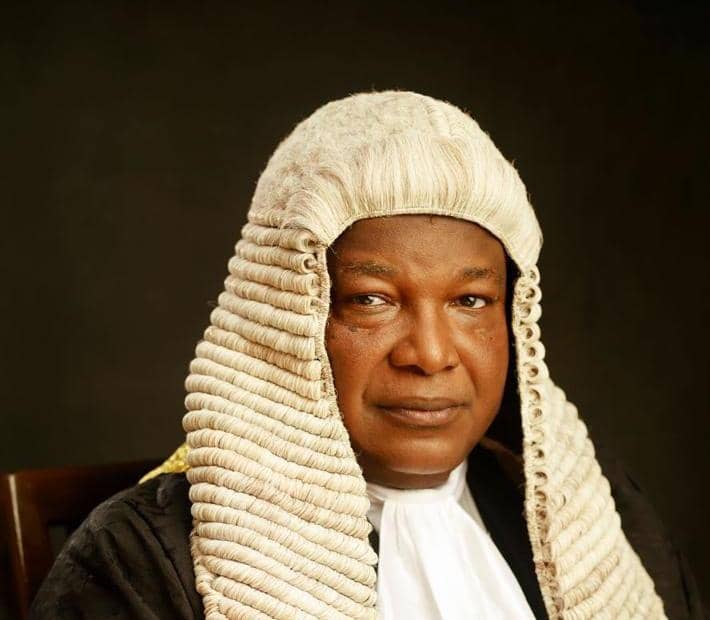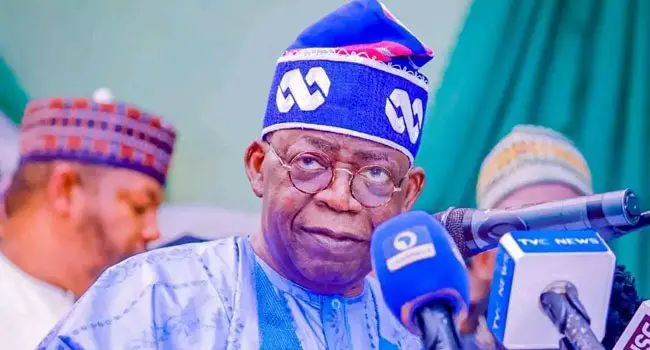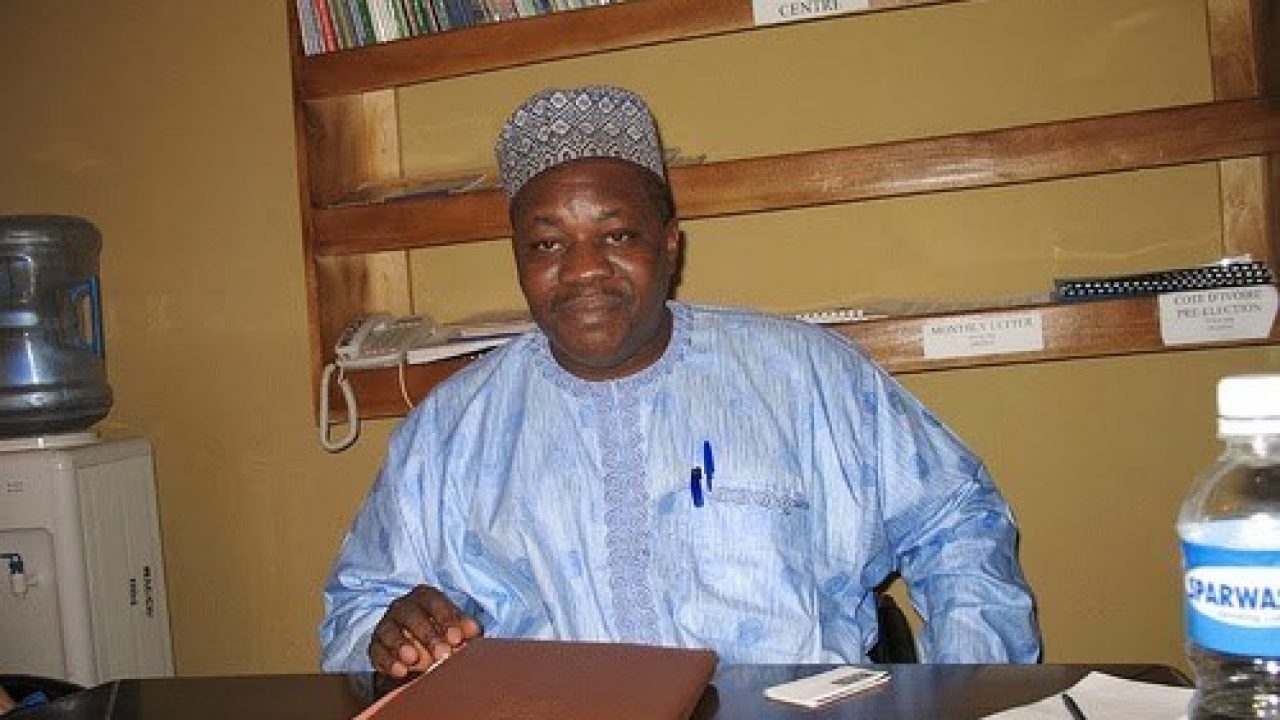Power of President to suspend Emefiele: A legal analysis
By Wahab Shittu
Introduction:
The governance and operations of central banks are crucial for the stability and prosperity of nations. In Nigeria, the Central Bank of Nigeria (CBN) plays a pivotal role in formulating and implementing monetary policies to foster economic growth and financial stability. However, there may be circumstances where the suspension of the CBN Governor becomes necessary. This article aims to explore the legal authorities supporting the argument that the President of Nigeria possesses the power to suspend the Governor of the Central Bank of Nigeria.
The Central Bank of Nigeria Act 2007:
The legal framework governing the CBN’s operations and the appointment of its Governor is primarily laid out in the Central Bank of Nigeria Act. Section 8(1) of the Act gives the president powers to appoint the Governor of the Bank. Similarly, section 11(2)(f) of the Act empowers the President to remove the Governor of the Bank.” This provision explicitly grants the President the authority to remove the Governor, although the act is silent on suspension, it can be implied that the President also has the power to suspend the Governor temporarily.
Presidential Powers:
The Nigerian Constitution under section 5, confers extensive powers upon the President, particularly in matters relating to the executive branch of government which shall extend to the execution and maintenance of the Constitution, all laws made by the National Assembly and to all matters with respect to which the National Assembly has, for the time being, power to make laws. The CBN Act, being an Act of the National Assembly is within the purview of the powers of the president to take steps in accordance with section 5 of the constitution for the benefit of Nigeria.
The President, as the head of the executive branch, possesses inherent executive control over government agencies and departments. This includes the power to exercise administrative discretion over the appointment and suspension of key officials, such as the CBN Governor. The Nigerian courts have recognized the President’s discretionary powers, provided they are exercised in accordance with the principles of natural justice.
The Nigerian Constitution is the supreme law of the land, and all other laws, including the Central Bank of Nigeria Act, must conform to its provisions. The Constitution grants the President broad powers to ensure the effective functioning of government institutions. Therefore, the President’s power to suspend the Governor of the CBN can be viewed as an implied power derived from the Constitution’s general grant of executive authority.
Judicial Precedents:
This will not be the first time a CBN governor is suspended in Nigeria. One would recall that on February 20, 2014, President Goodluck Jonathan suspended Sanusi Lamido Sanusi as the governor of the Central Bank of Nigeria (CBN). Sanusi subsequently went to the federal high court sitting in Abuja to challenge his suspension, insisting that the president had no such powers under the CBN Act.
Sanusi argued that the governor can only be removed by two-thirds majority of the senate, according to the CBN Act 2007. The court held that “while the President cannot remove the Governor, he can exercise some form of disciplinary control which includes suspension over him.” This decision was never appealed and as such remains the extant authority in Nigeria on suspension of the Governor of CBN by the president. The suspension of Emefiele is therefore constitutional and proper.
The powers of the president to ensure effective governance and accountability through the suspension of a central bank governor by the does not undermine the principles of democratic governance.
Conclusion:
Considering the provisions of the Central Bank of Nigeria Act, the extensive powers vested in the President by the Nigerian Constitution, the principle of executive control and administrative discretion, and the absence of specific legal prohibitions, it can be seen that the President of Nigeria possesses the power to suspend the Governor of the Central Bank of Nigeria. While the exercise of this power should be subject to the principles of natural justice, transparency, and accountability, the President’s authority to suspend the Governor is consistent with the country’s legal framework and the need for effective executive control over critical financial institutions.
Shittu is a Senior Advocate of Nigeria (SAN),




